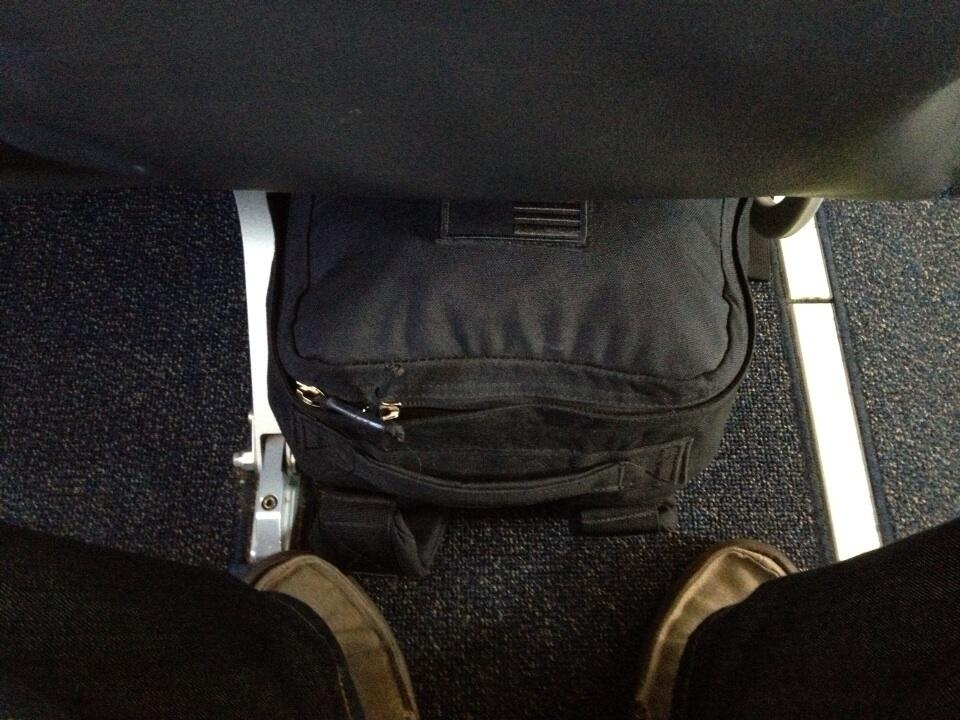This is a week late, but here is a little info on Richard Thaler who won the Nobel Prize in Economics last week for his work in behavioral economics.
- Thaler's work essentially combines psychology and economics, incorporating many systematic biases people make in decision-making into economics.
- Thaler is one of the pioneers of behavioral economics, along with psychologists Daniel Khaneman (who won the Nobel Prize in 2002 - the first psychologist to do so) and Amos Tversky (who passed away in 1996).
- Thaler says he taught Khaneman and Tversky economics and they taught him psychology while they were all at Stanford together.
- Khaneman and Tversky are the subject of Michael Lewis' recent book The Undoing Project.
- Thaler's work spans a wide range of application and has had large influence on public policy in both the United States and United Kingdom. His work impacts default options on retirement plans and organ donations. In the UK, his work helped inspire the Behavioural Insights Team, a government unit that uses explores how behavioral economics can better inform British policies.
- Thaler recently wrote a book, Misbehaving, about his journey into behavioral economics. This was required reading in my Behavioral Economics class last year and enjoyed by students who found it very accessible. (I'd also highly recommend Khaneman's Thinking, Fast and Slow which students also enjoyed.)
- Thaler also co-authored the book, Nudge, with Cass Sunstein in which they outline many of their ideas for how behavioral economics can be used by policy makers to help improve social outcomes in a wide variety of settings.
- Thaler and Khaneman both contributed to the discovery of the Endowment Effect (along with Knetsch) which demonstrates that people value things more after they own them than they do before they own, contradicting assumptions made by traditional economic theory. This is background to the funniest tweet I've seen about Thaler's prize so far:
- "Now that Thaler has his Nobel Prize, he values it much more than he did before."
- Listening to this 23-minute podcast by Tim Harford on Thaler's work, including an 8-minute clip of an interview with Thaler from several years ago.
- Reading blog posts by Tyler Cowen and Alex Tabarrok (our Principles of Economics textbook authors) about Thaler's work.
- Reading this New York Times interview with Thaler after he won the Nobel Prize.
- Following Richard Thaler on Twitter.




